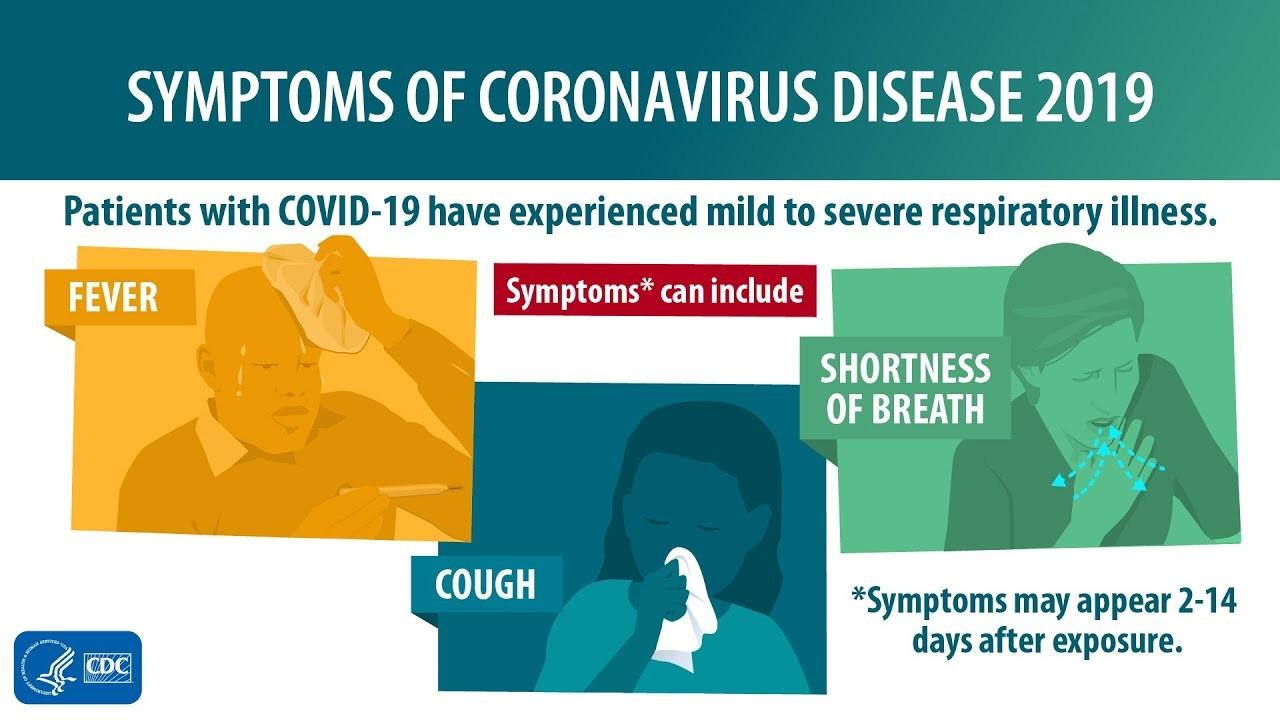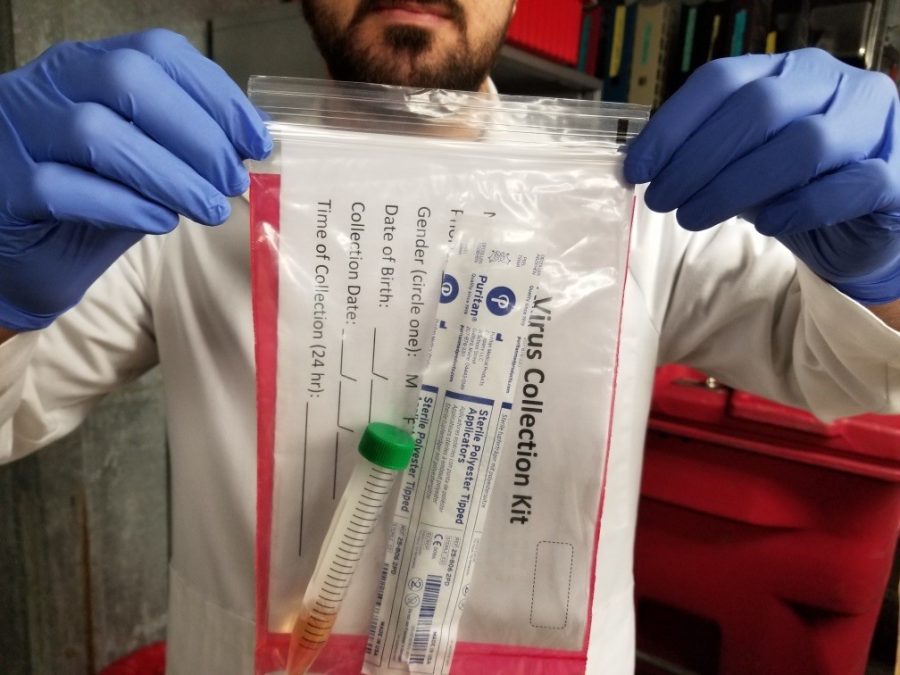Isolation and quarantine are the best ways to help protect the public from exposure to COVID-19. If someone feels sick or has any of the COVID-19 symptoms, then they should get tested and quarantine.
The symptoms of COVID-19 are fever or chills, cough, shortness of breath or difficulty breathing, fatigue, muscle or body aches, headache, loss of taste or smell, sore throat, congestion or runny nose, nausea or vomiting and diarrhea. These symptoms may appear two to 14 days after exposure to the virus.

Source: CDC
If someone is experiencing trouble breathing, persistent pain or pressure in the chest, new confusion, inability to wake or stay awake or bluish lips or face, they should seek emergency medical care immediately.
If someone needs to get tested for COVID-19, there are testing sites in Tucson. The Health Department and Paradigm Laboratories are holding completely free COVID-19 tests located at the Kino Event Center. They are open Monday to Saturday from 11 a.m. to 7 p.m. Anyone can schedule an appointment on Pima County website.
The Centers for Disease Control and Prevention’s recommendations for protecting yourself from the virus are: washing your hands often, and if soap and water are not available, use a hand sanitizer that contains at least 60% alcohol. They also recommend avoiding close contact by maintaining a six feet distance between yourself and others, wear a mask or face cover that covers your mouth and nose, cover coughs and sneezes, clean and disinfect and monitor your health daily.
RELATED: How does COVID-19 manifest and what can you do if you begin to show symptoms?
Quarantining for 14 days can get boring but there is a guide to defeating the boredom. One way is working on self-care from inside your house. There are dance or movement classes you can take or you can try new recipes you find online.
With almost everything being available online there are also many forms of entertainment. Many streaming services are offering free movies and TV shows during this pandemic.
There is also a guide with a list of 100 things to do in quarantine on i-D, which includes activities like trying to grow avocados and planning your next vacation down to the very last detail.
Boredom might not be the only challenge someone faces in quarantine. Quarantine and stress from the pandemic in general can take a toll on someone’s mental health. Stress during the COVID-19 pandemic can cause fear and worry about your own health and the health of your loved ones, changes in sleep or eating patterns, difficulty sleeping or concentrating, worsening of chronic health problems and worsening of mental health conditions.
Some healthy ways to cope with stress during this pandemic is to be prepared. Contact a health professional before you start any self-treatment for COVID-19. Know where and how to get treatment and other support services and resources, including counseling or therapy.
Take breaks from watching, reading or listening to news stories, including those on social media. Take care of your body by taking deep breaths, stretching, meditating, eating healthy, exercising and getting plenty of sleep. Make time to unwind by doing activities you enjoy. Connect with people you trust about your concerns and how you are feeling. Just as well, you can connect with your community through social media, phone or mail.
There are many resources to help with stress on the CDC website. They have resources for coping with a disaster or traumatic event, COVID-19 tax relief and economic impact payments, coping with stress, helping children cope during the COVID-19 outbreak and many others.
Follow Jillian Bartsch on Twitter









